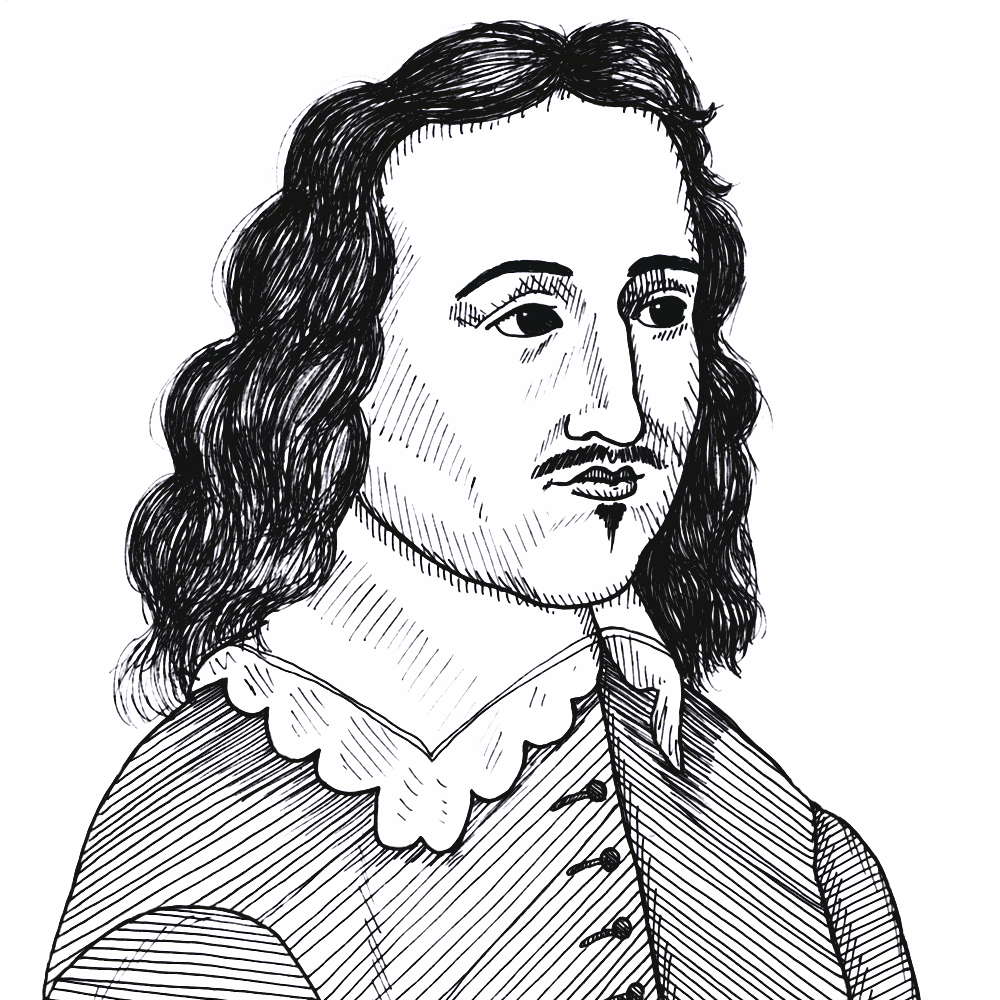
John Lilburne rails against his unjust imprisonment (1646)
Found in: Tracts on Liberty by the Levellers and their Critics Vol. 3 (1646).
The English Leveller John Lilburne (1615-1657) denounces the government for his false imprisonment, his jailers for their corrupt practices, and demands his rights as an Englishmen under Common Law to face a jury of his peers, otherwise … :
Rhetoric of Liberty
… these extorting, barbarous and murthering Gaolors, and all other ministers of State, who make their rise and fortunes, by the mines and spoylings of the people, and as they tread in the steppes of their predecessours (and rather exceed them in iniquity) so small they run into the same destruction, for as the overflowing of water doe at length make the river loose its proper channell, so those that seeke to extend their power beyond their bounds, have ever hitherto lost not only their powers by them usurped, but often even that also which by right belonged unto them …